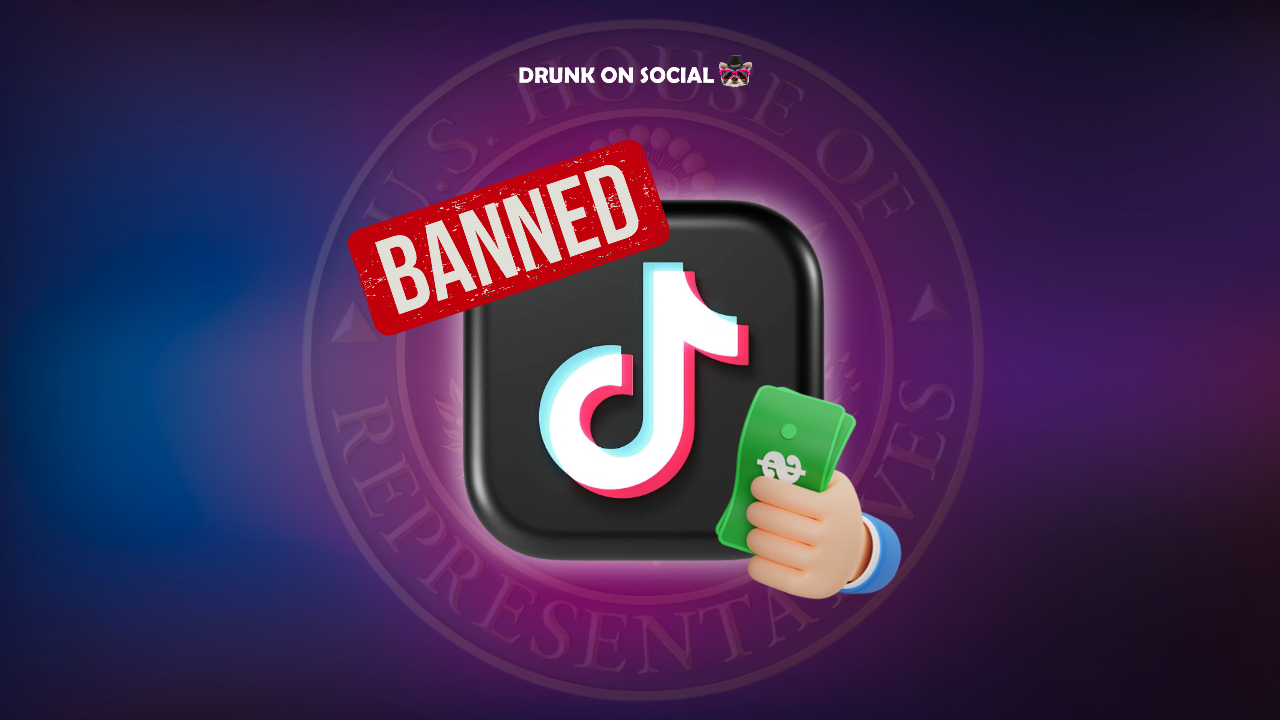Unraveling the TikTok Conundrum: Implications of the US House’s Mandate for Sell-off
The battleground for TikTok’s fate in the United States has shifted dramatically as the House of Representatives solidly backed a bill demanding a sell-off of the Chinese-owned social media platform, citing grave national security concerns. This move sets the stage for a legal showdown with far-reaching consequences.
Last week, amidst bipartisan support, the proposal emerged, aiming to compel TikTok to transition into U.S. ownership or face expulsion from the American market. The underlying motive revolves around curbing the influence of “foreign adversary-controlled” apps and websites. The bill swiftly gained traction, receiving initial approval from the House Energy and Commerce Committee.
In a decisive move today, the House overwhelmingly voted 352 to 65 in favor of the bill. The baton now passes to the Senate for a conclusive vote. Should it garner approval there, the measure will land on President Joe Biden’s desk for his anticipated endorsement. President Biden has already signified his willingness to ratify the bill, amplifying TikTok’s predicament.
For TikTok, which staunchly advocates for retaining its Chinese ownership, this development marks a formidable challenge. However, even in the event of the bill’s passage, TikTok’s existence in the U.S. would not be abruptly terminated. The platform would be afforded a grace period of 165 days to orchestrate a sell-off to comply with regulatory mandates.
Given the substantial financial stakes entailed, a sell-off appears to be the most plausible recourse. Consequently, TikTok’s core functionality and user experience are poised to endure, irrespective of ownership alterations.
Nevertheless, TikTok’s Chinese ownership is mustering a robust defense against the proposed mandate. In a statement released amidst the escalating legal battle, TikTok contends:
“This process was secret and the bill was jammed through for one reason: it’s a ban. We are hopeful that the Senate will consider the facts, listen to their constituents, and realize the impact on the economy, 7 million small businesses, and the 170 million Americans who use our service.”
A central bone of contention revolves around TikTok’s characterization of the bill as a ban in its interactions with users and the public. Despite technically not constituting a ban, TikTok’s portrayal has drawn criticism for potentially politicizing the legislative process.
Notably, the Chinese Communist Party (C.C.P.) is firmly backing TikTok’s resistance efforts. Chinese government officials perceive the proposal as an egregious overreach, constraining the operational latitude of Chinese enterprises within the U.S. market.
The impending legal battle over TikTok’s ownership underscores broader geopolitical tensions and the intricate interplay between national security imperatives and economic interests. As the saga unfolds, the ramifications of the House’s mandate reverberate across sectors, accentuating the complexities of navigating the global digital landscape amidst geopolitical rivalries.


